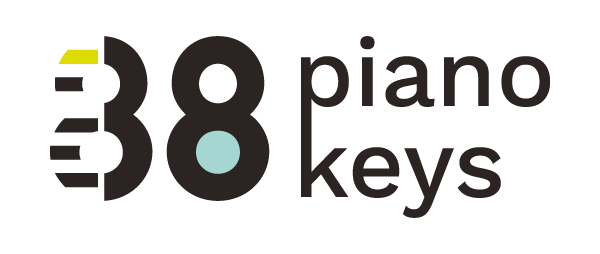Daniel Barenboim
Daniel Barenboim was born in Buenos Aires, Argentina, to parents of Russian Jewish descent. He started piano lessons at the age of five with his mother, continuing to study with his father, who remained his only teacher. In August of 195o at the age of seven, he gave his first formal concert in his hometown, Buenos Aires. In 1952, Barenboim moved to Israel with his family. Two years later, his parents took him to Salzburg to take part in conducting classes. During that summer he played for Wilhelm Furtwängler, who called the young Barenboim a "phenomenon". He invited him to perform the Beethoven First Piano Concerto with the Berlin Philharmonic, but Barenboim's father considered it too soon after the Second World War for a child of Jewish parents to be performing in Berlin. Barenboim holds citizenship of Argentina, Israel, Palestine, and Spain and has held numerous conducting positions around the world. He lives in Berlin and continues to perform as a pianist as well.
Ludwig van Beethoven's Piano Sonata No. 8 in C minor, Op. 13, commonly known as Sonata Pathétique, was written in 1798 when the composer was 27 years old. Beethoven dedicated the work to his friend Prince Karl. Although commonly thought to be one of the few works to be named by the composer himself, it was actually named Grande sonate pathétique (to Beethoven's liking) by the publisher, who was impressed by the sonata's tragic sound. Barnenboim is playing the first of threemovements of this sonata. The entire work takes approximately 19 minutes to perform.
The three movements are named by their tempo markings:
Grave (Slowly, with solemnity) – Allegro di molto e con brio (Quickly, with much vigour)
Adagio cantabile (Slowly, in a singing style)
Rondo: Allegro (Quickly)
Piece: Piano Sonata No. 8 in C minor, Op. 13 or "Pathétique"
Bradley Sowash is a jazz pianist, multi-instrumentalist, recording artist, author, educator, composer and arranger. As a musician, he has performed in every imaginable setting from living rooms, churches and jazz clubs to major concert venues both here and abroad for over thirty years. His broadcast credits include seven seasons of appearances on the PBS-TV series, The Piano Guy, and National Public Radio has aired selections from his nine CDs.
After earning his degree in music composition at Ohio State University, Sowash moved to New York City where he worked with many modern dance luminaries for 10 years. While living abroad, Sowash refined his jazz piano technique before appreciative audiences in several countries. Sowash returned to his native Ohio to raise a family “in the warm embrace of the Midwest” and develop his emerging unique piano style which, while influenced by jazz, remains distinctly his own.
A well-regarded jazz educator, Sowash is the author of That’s Jazz, a piano method for teaching jazz and pop styles.
Piece: Ellingthoven
Lang Lang
Heralded as the “hottest artist on the classical music planet” by the New York Times and the “world’s ambassador of the keyboard” by the New Yorker, Lang Lang has played sold out recitals and concerts in every major city in the world. He is the first Chinese pianist to be engaged by the Vienna Philharmonic, Berlin Philharmonic and all the top American orchestras.
In the 2009, Time magazine included him in their annual list of the 100 Most Influential People in the World. In 2008, over four billion people viewed Lang Lang’s performance in Beijing’s opening ceremony for the Olympic games. In July 2012 he relayed the London Olympic torch prior to the opening of the XXX Olympiad. This status has inspired over 40 million Chinese children to learn to play classical piano – a phenomenon coined by The Today Show as "the Lang Lang effect."
Lang Lang works to inspire young people to believe that music can make life better. In May 2009, Lang Lang and his three chosen young scholars from his foundation – aged between 6 and 10 years old – performed together on The Oprah Winfrey Show
He began playing piano at the age of 3, and by the age of 5, Lang Lang had won a major competition competition and had given his first public recital. He won first prize at the Tchaikovsky International Young Musicians Competition. Lang Lang’s break into stardom came at age 17, when he was called upon for a dramatic last-minute substitution at the “Gala of the Century,” playing a Tchaikovsky concerto with the Chicago Symphony. Following this debut, he performed successful concerts around the world.
Lang Lang has performed under the baton of many, including Daniel Barenboim! He was guest soloist at the Nobel Prize concert in Stockholm, and has given a concert for President Barack Obama
Piece: Hungarian Rhapsody No 2 by Franz Liszt
Bonus Video: Check out this same Hungarian Rhapsody as a duet with Victor Borge and his good friend.
Listening Guide:
Click Below for Flashcards to help complete Listening Guide


